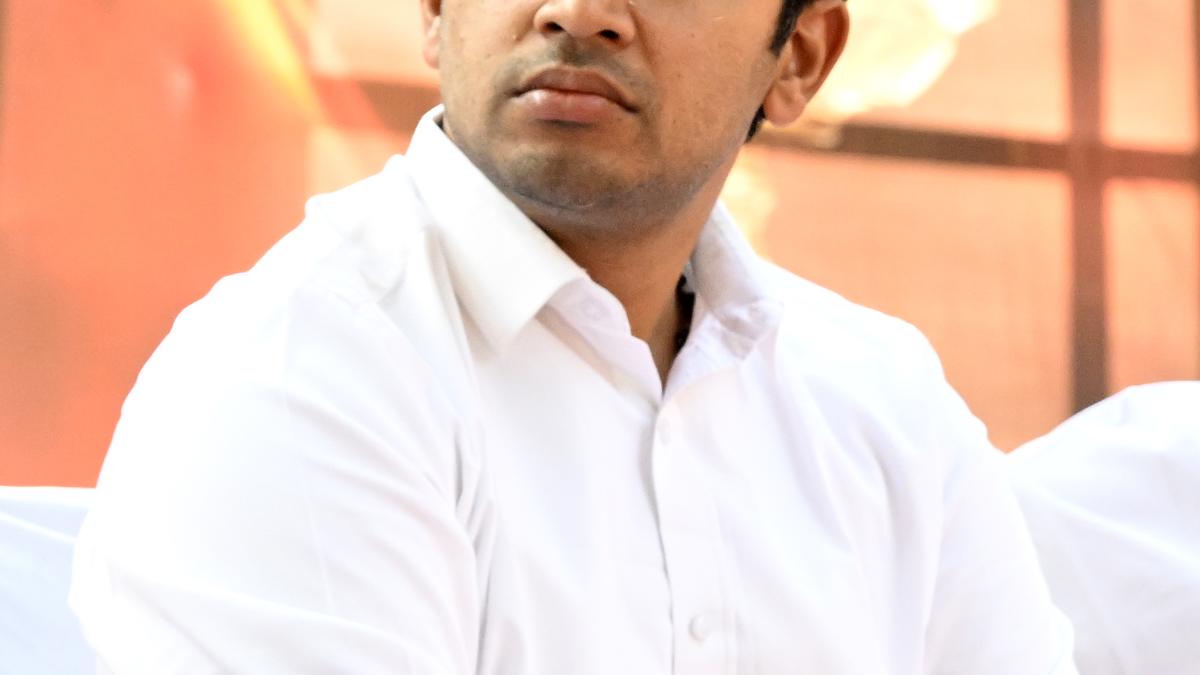Facing a flak for not giving a dissent note in the joint committee which scrutinised the controversial Maharashtra Special Public Security Bill before it was tabled in the Maharashtra Legislature, Congress has accused the Bharatiya Janata Party (BJP) of deliberately subverting the process by making last minute changes to the schedules of the joint committee meetings. The committee held five meetings before clearing the Bill unanimously. The government has said on record that none of the members, including prominent Opposition leaders, gave any dissent note to the committee when the Bill was scrutinised.
The Bill has been brought “to provide for effective prevention of certain unlawful activities of Left wing Extremist organisations or similar organisations.”

“The proceedings of the committee were not carried out properly. Only two meetings were held as per the schedule. Else, the government kept changing the dates and timings of the committee meetings. It was to make sure that the opposition members are not able to attend the meetings due to last minute changes,” Harshwardhan Sapkal, Maharashtra State Congress president, told The Hindu.
The joint committee of the legislature was formed in December 2024 to scrutinise the Bill. It consisted of 25 members and was headed by Maharashtra revenue minister Chandrashekhar Bawankule. The committee included several prominent opposition leaders from the MahaVikas Aghadi including Congress leaders Nana Patole, CLP Vijay Waddettiwar, Satej Bunty Patil; NCP SP leaders Jitendra Awhad, Shashikant Shinde, Shiv Sena UBT leader Bhaskar Jadhav. Maharashtra Legislative Council’s Leader of Opposition Ambadas Danve, a Shiv Sena UBT leader, was a special invitee member.
Mr. Sapkal said that the party leaders raised several valid objections to the Bill when it was being discussed in the joint committee. But said that since the date of the meeting was preponed at the last minute, the party could not submit a dissent note. “We did not get any time to give written objections. The government got it cleared and tabled in a lot of hurry,” Mr. Sapkal said.
“There was no dissent note given by any of the opposition parties’ legislators who were members of the committee. The Bill was cleared by everyone unanimously,” chairperson of the joint committee Chandrashekhar Bawankule said.
When asked about the allegations of the Congress, he refuted the claims. “All the proceedings were held as per procedure. In fact, it was Jitendra Awhad, an NCP SP MLA, who had suggested changes to the Preamble. We have changed the preamble accordingly. Several instructions by the opposition were taken on record and changes were incorporated accordingly,” he told The Hindu.
The Bill was thereafter passed by the Maharashtra Legislature during the recent monsoon session of the Assembly. Congress and Shiv Sena UBT did not oppose the Bill openly in the Legislative Assembly on July 10, but took a strong stand against it in the Legislative Council and staged a walkout before the Bill was put to vote. The Governor has been sent the Bill for his assent now.
Civil society upset
“We are upset with what happened in the Assembly. We had been working with the opposition leaders for months, since the beginning of the joint committee proceedings. We had expected them to take a strong stand against this anti-democratic Bill. Instead, they gave mild speeches,” said Ulka Mahajan, a prominent civil society activist and the State convenor of Bharat Jodo Abhiyaan.
When asked why the Congress leaders who were a part of the committee did not oppose the Bill in the Assembly or submit a dissent note to the Speaker, committee member and senior Congress leader Nana Patole told The Hindu, “We were told that as per the procedures, the members of the committee cannot speak on the floor of the House and oppose the Bill. It was wrong information.” CLP Vijay Waddettiwar asked, “What is the point of giving a dissent note after the Bill has been passed in the Assembly?” On the next day, the MVA gave a dissent note to the Chairperson of the Legislative Council after the Bill was passed in the Upper House.



.png)
.png)
.png)
















 11 hours ago
3
11 hours ago
3







 English (US) ·
English (US) ·